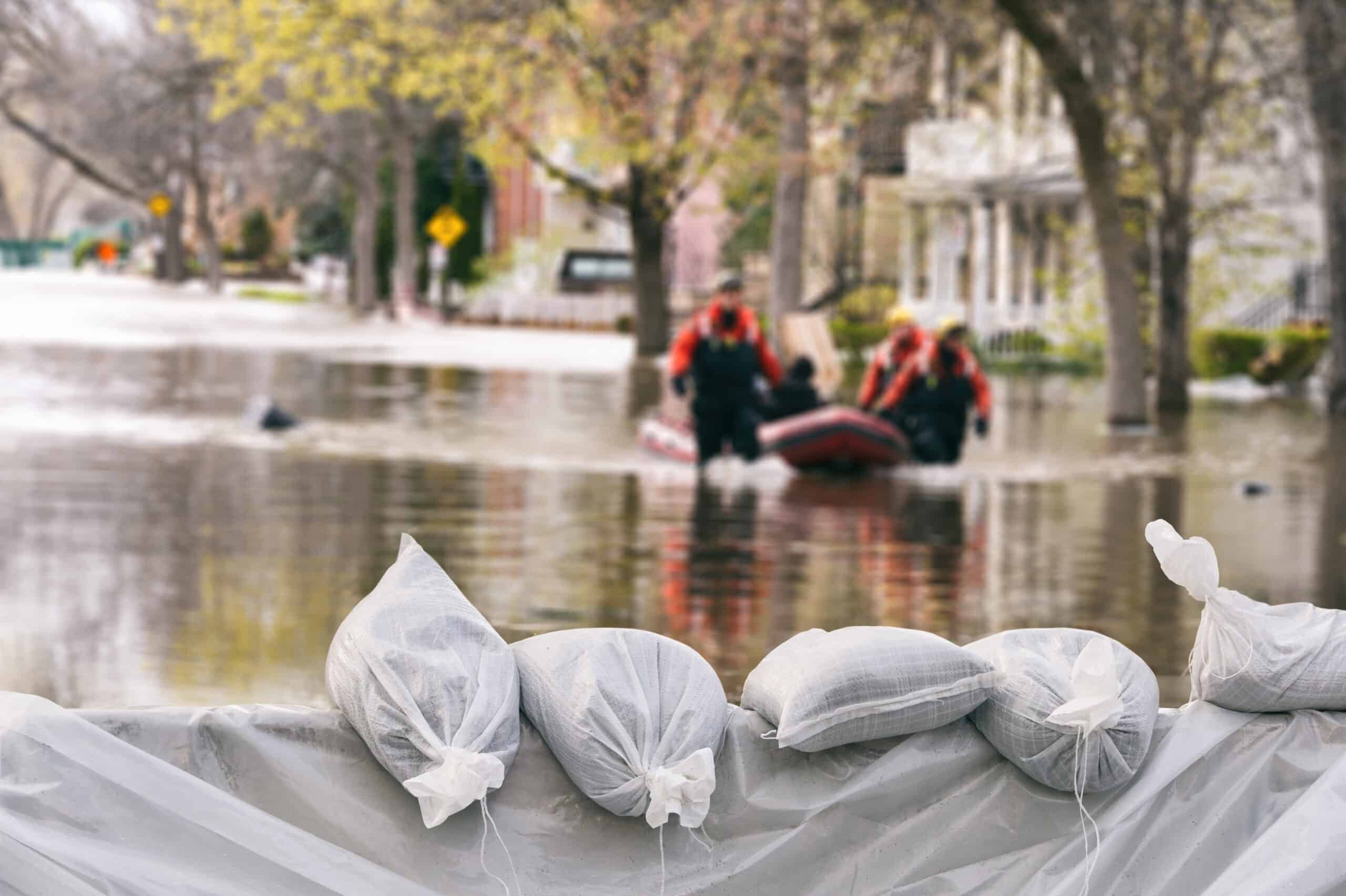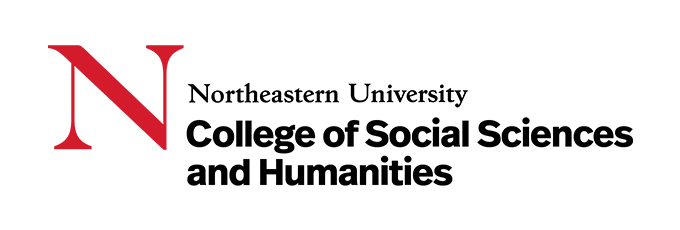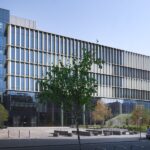Growing up outside Boston, Mary Weinburg was certain of her calling to make an impact. She wasn’t exactly sure how she would go about it until Northeastern University’s unique emphasis on experiential learning led her into the city and the discovery of the Master of Science in Security and Resilience Studies (SRS) program.
Weinburg knew its structure would give her the freedom to explore various fields while learning the ins and outs of serving the larger community. With the program’s flexible structure, maintaining a full-time job would not be an issue, allowing her to develop the skills needed to help individuals, communities, institutions, businesses, and systems survive, adapt and grow despite environmental and societal threats, stresses, and shocks.
This first-of-its-kind graduate degree program even helped Weinburg cultivate a knack for public speaking — which previously had been a major challenge for her. She credits the group project that was part of her Critical Infrastructure Resilience course with Professor Stephen E. Flynn for giving her the courage to present findings confidently. She continues to do so today as the Director of Field Operations at Care Access Research.
Fellow graduate Rose Leopold first came to Northeastern for a political science course, which eventually sparked her interest in resiliency and climate change.
“Climate change is the biggest issue that our generation faces, and I want to be a part of solving the problem by working to make cities and people more secure and resilient in the face of the real challenges they face, including extreme weather and sea level rise,” she explains.
In a world plagued by increasing transnational risks, systemic vulnerabilities, and the environmental challenges Leopold speaks of, her aspirations are more needed than ever. Security and resilience studies explore how strategic doctrines, organization processes, bureaucratic behaviors and security tools and tactics can place a greater emphasis on resilience.

Source: Northeastern University CSSH
With a range of chronic challenges like terrorism, organized crime, weapons proliferation, cyber-attacks, bio-terrorism, climate change and catastrophic disasters, migration, and radicalization on the rise — all of which can destabilize societies — the field of study is becoming increasingly topical.
“As the changing security and threat landscape changes, so do the classes and course content,” explains the Northeastern Seattle’s Director of CSSH Programs Ann Lesperance. “Our professors are able to adapt their curriculum to help students explore current events where they can make a real difference.”
Students who choose the SRS program will be prepared to inform and support domestic and international efforts to combat the 21st-century turbulences discussed in classrooms. They can expect to do so for the likes of CyberSheath Services International, LLC, Massachusetts Port Authority, the Volpe Center, the UnitedHealth Group, and other leading private companies, nonprofits, and government organizations that have recently welcomed Northeastern’s SRS graduates with open arms. Experience made them standout applicants.
“The opportunities provided are vast and wide,” says Lesperance. “Our students can work in the government sector, private companies, nongovernmental organizations, non-profits, and research organizations and in diverse fields such as innovative technology development, risk management, program management, critical infrastructure protection, emergency management, cyber security – and more.”
Since Leopold’s studies provided her opportunities within local, state, national, and international levels of government, her career success is unsurprising. She is currently Director of Business Resilience at Moderna.
Students who choose to study at Northeastern’s brand-new Arlington campus near Washington, DC are set to unlock similar opportunities. Located in the heart of the federal government, the city is a fast-growing hub to top businesses such as Accenture, the Air Force Office of Scientific Research, Amazon, Boeing, Bloomberg BNA, Deloitte, Gartner, Microsoft, M9 Solutions, the National Cybersecurity and Communications Integration Center, Nestle, Raytheon, and many more.

Source: Harold Mendoza, Unsplash
“The campus presents opportunities to connect with state, district, and regional governments as well as international organizations that call the region home,” says Tracy Corley, Director of CSSH Programs for the Arlington campus. “The campus is strategically positioned to help students become professionals with the skills to work across jurisdictions to address security and resilience challenges.”
In fact, the US Marine headquarters and the Pentagon can be viewed from the rooftop level of the new campus. Even better, application fees will be waived for applicants to the SRS program at the Arlington campus.
When delivered from Northeastern’s Seattle campus, the SRS program is 100% virtual. However, it still boasts strong links to state and local emergency management, public safety organizations and the tech industry. Meanwhile, students who opt to study at Northeastern’s vibrant home in Boston can leverage close ties to the university’s Global Resilience Institute, over 400 campus organizations, and everything else main campus life has to offer.
Of course, all options grant access to students across 13 campus locations, over 282,000 graduates, and more than 3,000 employer partners worldwide. In this, students have unique opportunities to learn from various perspectives, develop new talents and innovate ground-breaking solutions.
Follow Northeastern University’s College of Social Sciences and Humanities on Facebook, Twitter, Instagram, YouTube, and LinkedIn











